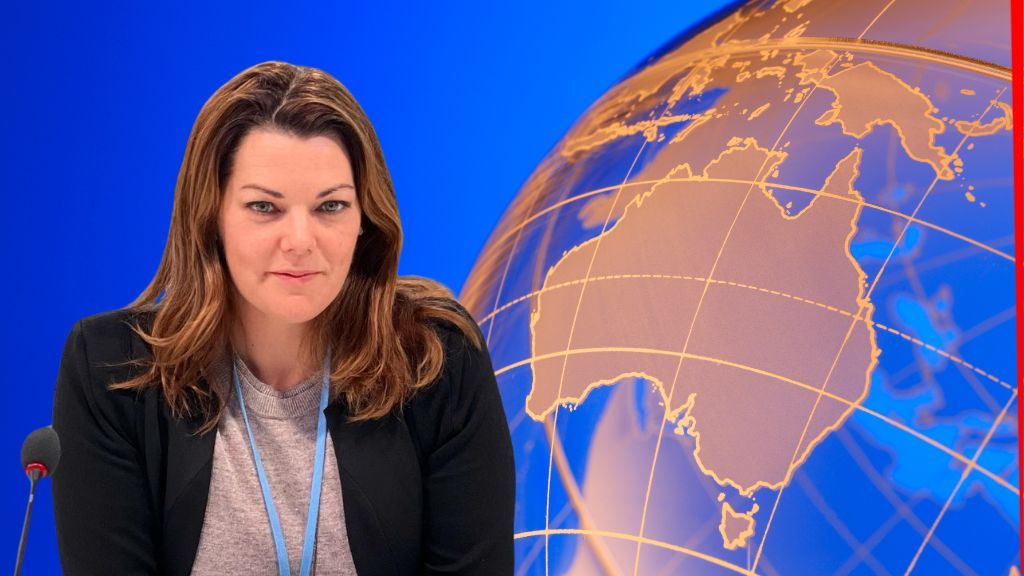
The Greens have renewed their call for stricter regulations on gambling advertisements, urging the Australian government to act on long-delayed reforms before the upcoming election. The party has pledged support for a proposal to limit gambling ads, offering a compromise to expedite legislative changes that have been stalled since last year.
Prime Minister Anthony Albanese acknowledged the need for further measures to address gambling harm but refrained from committing to a complete advertising ban. Communications Minister Michelle Rowland admitted that progress on reforms had been slower than anticipated but maintained that the government was still engaged in consultations and policy development.
Greens Senator Sarah Hanson-Young recently wrote to Rowland, advocating for immediate steps to curb gambling advertisements. While the party had previously sought an outright ban, it is now willing to amend its proposal to align with reforms reportedly considered by the government last year. These measures would restrict gambling ads online, in children’s programming, and around live sports broadcasts, while limiting advertisements to two per hour in general television programming.
In a Facebook post, Hanson-Young said she’s not surprised that both the Labor and the Liberal parties have failed to act on gambling harm when they receive big donations from gambling companies.
“Australians want a ban on these ads before the election, and this fortnight of parliament is a chance for Labor to work with the Greens to get it done,” she added.
The Australian government’s hesitation to introduce new restrictions has drawn criticism, particularly from gambling reform advocates and some Labor backbenchers. The issue had been under discussion since August last year when a proposal was reportedly shared with Labor’s backbench caucus but was never finalised or submitted to cabinet.
Despite acknowledging the concerns around gambling-related harm, Albanese has downplayed the urgency of advertising reforms, instead highlighting initiatives like the BetStop self-exclusion register. He has also pointed to potential unintended consequences of restricting gambling ads, a concern raised by media companies and sporting bodies that rely on gambling sponsorships.
Local media reported that major sporting leagues and betting operators have strongly opposed the proposed restrictions, citing financial implications for their industries. Lobbying efforts by media organisations and sporting codes have contributed to the government’s reluctance to proceed with immediate changes.
Despite the Greens’ willingness to support a partial ban, the government has not indicated any immediate plans to advance reforms. Rowland reaffirmed that gambling advertising regulations would only be introduced after a thorough consultation process.
Albanese reiterated the government’s record on addressing problem gambling, pointing to previous measures such as the ban on credit card use for betting. However, with the election approaching and parliament’s sitting days numbered, time is running out to pass any new restrictions before the campaign period begins.